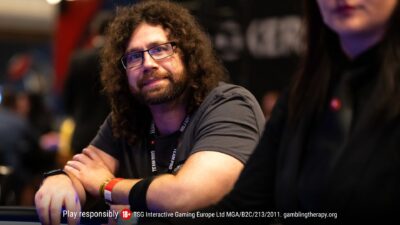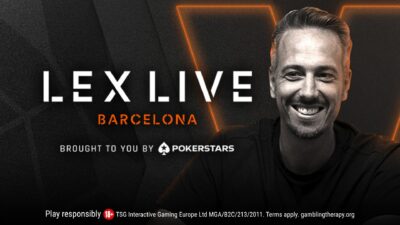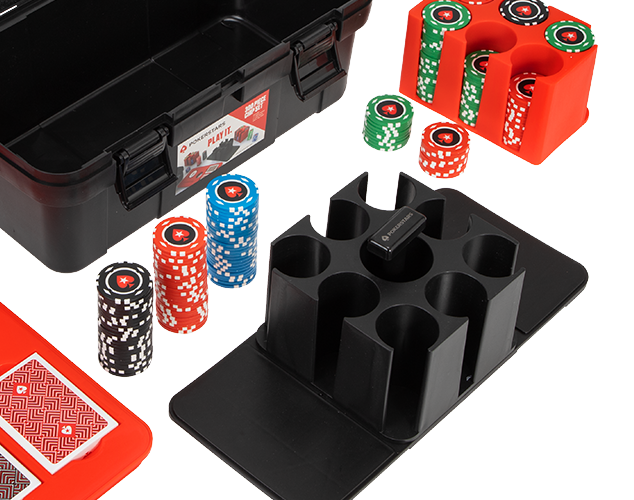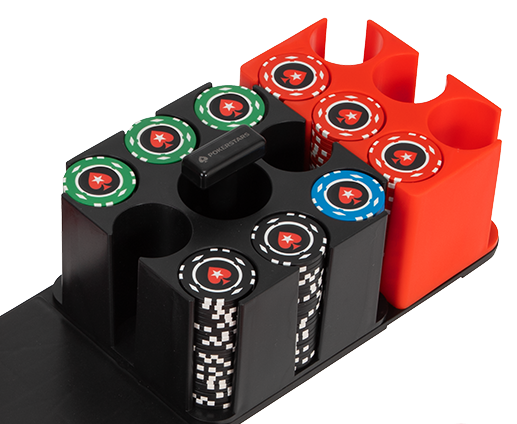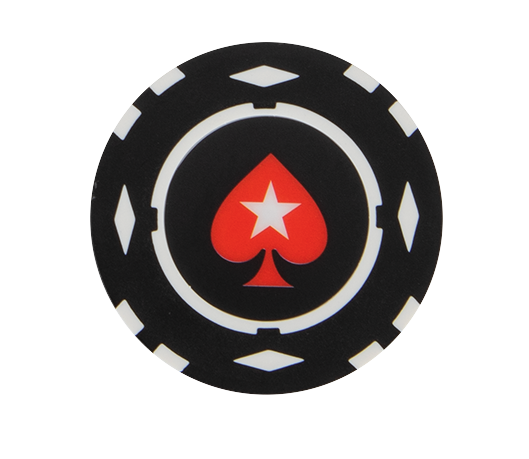Here are the key takeaways from our in-depth feature: ‘Free Solo: The hardest climb in poker“.
In that article, we look at the Oscar-winning documentary Free Solo, which follows Alex Honnold as he prepares to climb the 3,000ft El Capitan wall in California’s Yosemite National Park without rope or any other safety equipment.
We wanted to know how the top athletes and poker players are able to work through the fear and doubts they might have. Elliot Roe, poker’s leading mindset coach whose clients include Fedor Holz and Matt Berkey, helped us do just that.
From how to gain confidence to how to survive ‘downswings’, take notes and apply them to your game today.
The biggest mental problems poker players face
“Anxiety is common, as is self-sabotage, issues with focus, a lack of professionalism, and fear of success even comes up. [Sports like free soloing and poker] are about performing under pressure, and self-sabotage is a major issue. [The right mindset] is being able to do what you know you should do when it counts.”
How to adopt a ‘Pro-Athlete Mindset’
“When I started out eight or nine years ago, there were a lot of very unprofessional poker players. They’d be drinking whilst playing, smoking drugs, they wouldn’t be doing any exercise, they’d have no sleep hygiene, they would only be studying a couple of hours a week.
“When I talk about turning poker into a more professional mindset, what I’m saying is structure your week understanding that your fitness level will actually have an impact on your level of focus ten hours into a session.”
Why you should be studying (and for how long)
“There’s an amount of study that’s acceptable, probably seven hours a week should be minimum for a professional player. It’s more about defining yourself as a professional athlete who’s competing against others for thousands, hundreds of thousands, even millions of dollars, rather than seeing poker as something that doesn’t have that level of importance to it.”
Why visualisation is so important
“I do a lot of visualisation work with my clients, so they feel that they’ve already been in that situation before. We work through: ‘How will it feel if I have a bad beat at the final table? How do I recover if I’ve lost 75 per cent of my stack? How do I deal with being heads-up and two hours in?’
“For somebody who teaches skydiving, jumping out of a plane doesn’t fluster them at all. It’s normal for them, it’s their day-to-day. What you want to do is put yourself in a mindset where performing at your best under pressure is nothing new, it’s just how you perform.”
Where confidence comes from (and how to get it)
“Confidence comes from knowing you’ve done the homework and you’ve run the numbers. The biggest anxieties come when you’re not sure and you’re guessing. But if you know exactly what you need to do in this spot, there isn’t the same emotional pressure. The level of preparation impacts dramatically the level of emotional energy needed to do something.”
Be aware of things that will work against you
“The first thing would be becoming aware of the triggers that set you off and then working through those triggers.
“So, if you know you are somebody who’s struggling with being three-bet by the same player at the table, try understanding why that’s a trigger for you, and then work through that. If you’re somebody who struggles with the high-pressure moment of the money becoming important or you’re coming close to a final table and you can no longer make correct decisions, why is that an issue for you? How are we going to work through that? A lot of it comes from doing deeper therapy work to understand why irrational behaviour is there in the first place, and then working through the memory of which situation has created that.”
Surviving “downswings”
“Poker players say: ‘I’m in a downswing’. No. In previous sessions, you were losing, but right now it’s just a present game of poker, and you’ll either win or lose. The results aren’t connected in some way. There’s no one month or one year, it’s just how you play today with the cards you’re dealt.
“So, often when a downswing hits, the player will start playing differently even if they’re not aware of it. They’ll start to lose confidence in their game, they’ll try to reduce variance, and often they reduce variance to an extent that it actually reduces their profitability, so they’re no longer playing the game they were playing when they were profitable, and that then extends the downswing. So it usually starts with bad luck but continues with bad play.
“What we try to do is take them back to the mindset they had prior to the downswing. Whether you’re up or down, none of that has any relevance, other than bankroll management.”
How to recover after a long session
“I recommend meditation post-session. It helps players let go of the sessions so they’re not taking bad moods or excessively excited moods home to their real lives. The idea is that in poker you set yourself up and prepare for the session so that you’re emotionally prepared to sit down and play your best. You then deal with the session, accepting it’s actually a long-term game, and at the end of the session you can disconnect and return to normal life again.”
Conclusion
“The constant visualisation, the constant study, and preparing yourself for whatever craziness can happen at the poker table. This allows you to consistently solve the maths puzzle over and over again. All poker is, is solving a maths puzzle.”
If you’re interested in Elliot Roe’s services, visit his website: www.pokermindcoach.com. Alternatively, check out the app he developed with Fedor Holz: Primed Mind.
Read the full article here: ‘Free Solo: The hardest climb in poker’.
Back to Top




